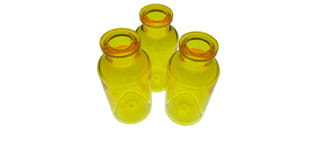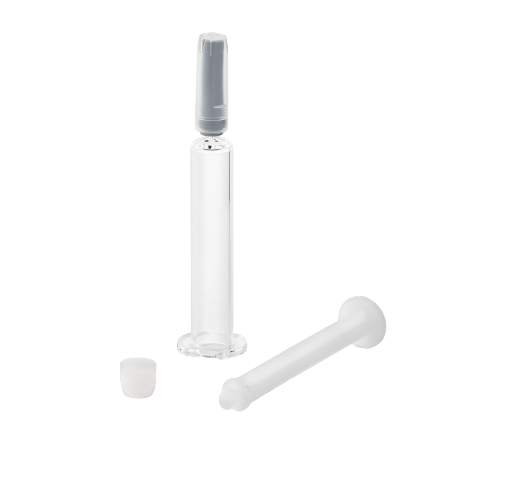Can Polymer Containers Increase Flange Strength and Maintain Low Dimensional Variability in Auto-Injection Systems?
As advancements in pharmaceutical technology increase in the use of automated injection systems for health care treatment, traditional glass vials, syringes and cartridges must withstand higher automated delivery forces and pressures. The fragile nature and dimensional variability in wall thickness of glass components may lead to breakage, which presents challenges to automatic administration systems.
![]()
Auto-injector spring forces, frictional forces and the dimensional consistency of the syringes, cartridges and/or vials are important factors with regard to the functional performance of automated injection systems. Many pharmaceutical companies are faced with overcoming the inconsistencies and fragile aspects of glass containers and are considering the use of the more robust polymer vials, syringes and cartridges to contain and deliver drug products in automated systems.
Discussions (see the links below) are occurring regarding the performance and use of polymer cartridges, syringes and vials when compared to glass containment systems. Studies have been presented on topics such as:
-comparison of dimensional variations
-syringe flange strength
-syringe piston movement
-syringe piston release and travel forces
A recent study by West has shown that the Daikyo Crystal Zenith® 1mL long insert molded syringe (made from a cyclic olefin polymer) demonstrated a significant increase in flange strength and maintained low dimensional variability as compared to a glass 1 mL long staked needle syringe.
For more information read West’s recent technical poster, which was presented at the PDA meeting in Orlando, FL, Apr. 2013.
Daikyo Crystal Zenith® is a registered trademark of Daikyo Seiko, Ltd.
Daikyo Crystal Zenith® technology is licensed from Daikyo Seiko, Ltd.









